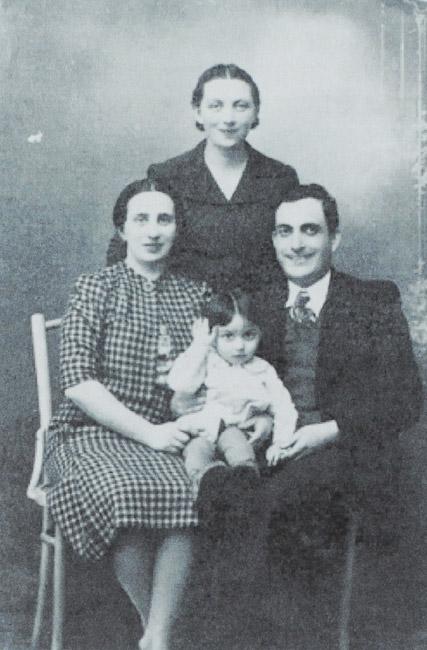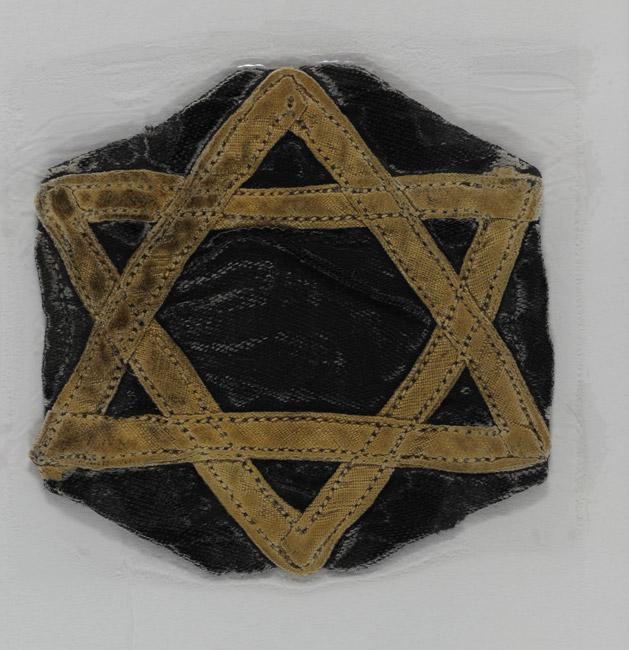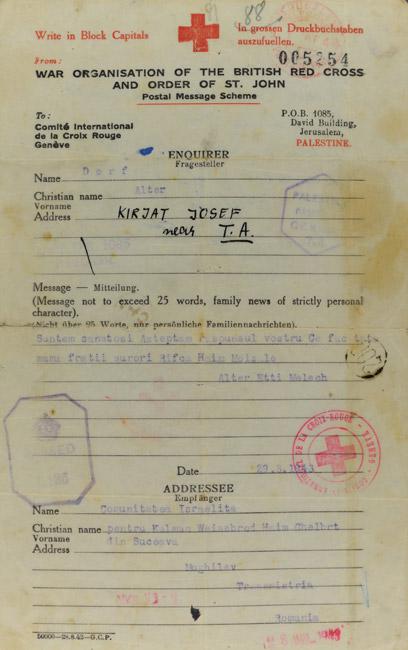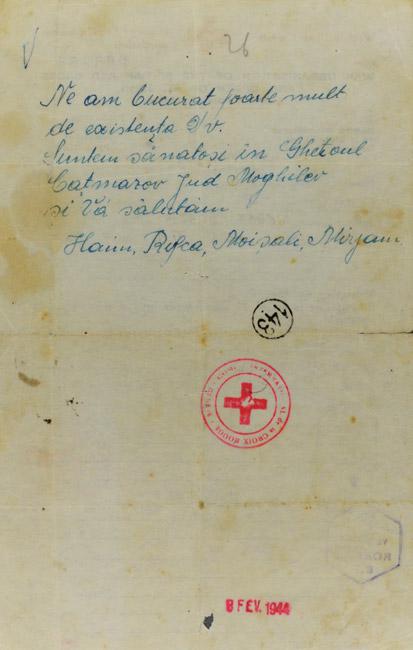







Sunday to Thursday: 09:00-17:00
Fridays and Holiday eves: 09:00-14:00
Yad Vashem is closed on Saturdays and all Jewish Holidays.
Entrance to the Holocaust History Museum is not permitted for children under the age of 10. Babies in strollers or carriers will not be permitted to enter.








Moshe Ghelbert was born on 16 September 1937 in the village of Ilishesti in the Suceava district of Bukovina in Northern Romania. He was the only son of Avraham Haim and Rifca-Michale née Weissbrod. There were good relations between the Jews and non-Jews of the village, but the rise of the Nazis to power and the parallel growth of the Fascist movement in Romania brought about a turn for the worse for the Jews; property damage, boycotts and even physical attacks became widespread. At the beginning of 1938 the Jews were declared unwelcome in the village, as a result of which the Ghelbert family, together with the other Jewish families in the village, moved to the city of Suceava where they were able to continue working.
In June 1940, Bukovina was annexed to the Soviet Union and with the German invasion of the USSR in 1941, the area returned to Romanian rule (Romania being an ally of Germany). The deportation of Jews from the towns and villages to Transnistria in Western Ukraine began under the command of Ion Antonescu, the leader of Romania.
The Jews of Suceava, among them the Ghelbert family, were deported to Transnistria on the second day of Chol Hamoed Succot, 7 October 1941. They were taken to the border with Transnistria in cattle cars and from there, hungry and freezing, were forced on a long march to a concentration camp. According to Moshe's mother, Moshe, aged four, who was frozen and exhausted, took off his coat and asked her to give it to a boy in the village or to his father and in exchange, to ask them if he could sleep in a bed 'like at home'.
Many did not survive the terrible journey. Juda Arie Ghelbert, Moshe's grandfather, perished on 25 October 1941 on the way to the concentration camp, and was buried in a nearby village. The deportees who survived the march were eventually taken to the Katsmazov concentration camp where they were imprisoned for over three years. Those who were fit for work, among them Moshe's parents, were enlisted for forced labor. Through connections that they forged with people from the nearby village they were able to obtain food, and so the family was able to survive despite the hunger that raged through the camp.
A letter for the Ghelbert family dated 29 March 1943 reached the camp via the Red Cross. The address, "Kirjat Josef, near T.A.," is handwritten on the official Red Cross telegram above the following message:
"We are healthy. Awaiting your reply.
How are father, mother, our brother, our sister, Rifca, Haim, Moisale?
Alter, Etti, Melech"
Etti, the signatory of the letter, was Moshe's aunt who had immigrated to Eretz Israel before the war and settled in Kiryat Yosef (later Givatayim). With the help of the Red Cross Etti and her husband tried to find out what had happened to their families.
The telegram was a source of great happiness among the inmates in the camp since this was their first and almost only connection with the outside world; it signified that their existence was known to people in the free world.
Moshe's parents were allowed to reply with only a few lines, on the back of the form. They wrote:
"We are very happy that you are alive. We are healthy in the Katsmazov ghetto, Moghilev district and ask after you.
Haim, Rifca, Moisale, Miryam"
In February 1944, almost a year after they had sent the letter, the reply reached Etti and her family in Eretz Israel.
On 1 May 1944 the camp was liberated by the Red Army. The deportees made their way home, by train, by wagon and on foot. After about six weeks Moshe and his parents reached their home in Suceava. Ten years later the family immigrated to Israel.
Moshe submitted the letter that he received via the Red Cross to Yad Vashem together with the yellow star that his parents had kept from the period when they were ordered to wear it following the occupation of Bukovina.

Thank you for registering to receive information from Yad Vashem.
You will receive periodic updates regarding recent events, publications and new initiatives.

"The work of Yad Vashem is critical and necessary to remind the world of the consequences of hate"
Paul Daly
#GivingTuesday
Donate to Educate Against Hate


Worldwide antisemitism is on the rise.
At Yad Vashem, we strive to make the world a better place by combating antisemitism through teacher training, international lectures and workshops and online courses.
We need you to partner with us in this vital mission to #EducateAgainstHate
The good news:
The Yad Vashem website had recently undergone a major upgrade!
The less good news:
The page you are looking for has apparently been moved.
We are therefore redirecting you to what we hope will be a useful landing page.
For any questions/clarifications/problems, please contact: webmaster@yadvashem.org.il
Press the X button to continue



